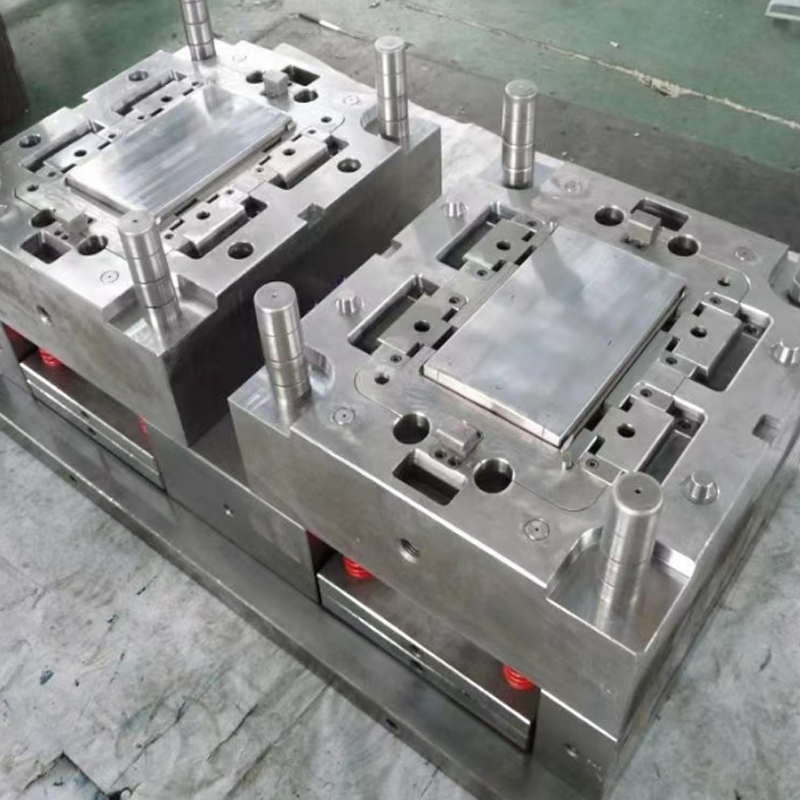When selecting the right material for plastic injection molds, it’s essential to consider the specific needs of your production process, the types of parts being produced, and the quantities required. While both steel and aluminum molds have their unique advantages, at LSRmold, we have made the strategic decision to primarily use steel for our plastic injection molds. This decision is driven by several critical factors that enhance the quality, durability, and overall efficiency of the molds we produce. In this blog, we will explain the reasons why steel molds are often the superior choice for high-performance injection molding, and why they are preferred by our expert team at LSRmold.
Durability and Resistance to Extreme Conditions
One of the most significant advantages of using steel molds for plastic injection molding is their ability to withstand high temperatures and pressures without warping or losing their structural integrity. Steel molds are inherently stronger and more resilient compared to aluminum molds, which can be more susceptible to deformation under demanding conditions. In high-volume production environments where molds are subjected to repeated cycles of high pressure and heat, steel molds can endure far longer than aluminum, ensuring consistent and reliable performance.
At LSRmold, we understand that the longevity of a mold is directly tied to the cost-effectiveness of the production process. Steel molds are capable of producing millions of plastic parts without significant wear, while aluminum molds typically reach their limit after just a few thousand cycles. For customers requiring large quantities of parts or molds that need to withstand extreme temperatures, steel molds offer unmatched durability and efficiency.
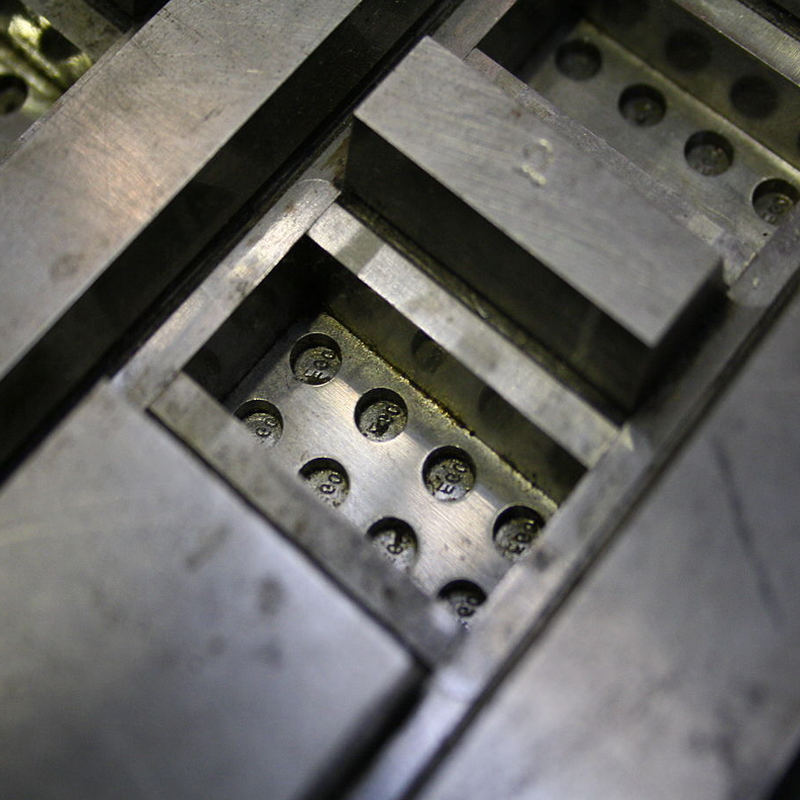
Superior Hardness and Precision
Steel molds are significantly harder than aluminum molds, which translates to greater precision during the molding process. This increased hardness ensures that steel molds will not deflect or become deformed during production. Deformation in molds can cause defects such as flash – unwanted excess material around the edges of molded parts – which compromises the final product’s quality.
Unlike aluminum molds, which are prone to deflection, steel molds maintain their shape and integrity throughout the production process, even under the most demanding conditions. This ensures that the molded parts produced are accurate, consistent, and meet the required specifications with minimal rework.
At LSRmold, our commitment to precision and high-quality manufacturing is reflected in our use of steel molds, which enable us to deliver products that meet the highest industry standards. We understand that our customers rely on us to deliver high-performance, defect-free products, and steel molds are a key factor in ensuring that we meet those expectations.
Resistance to Environmental Factors
Another notable advantage of steel molds is their ability to withstand environmental factors such as moisture, temperature fluctuations, and exposure to chemicals without degrading. Steel is resistant to corrosion and rust, ensuring that the mold remains in excellent condition for extended periods. This resilience extends to the quality of the molded parts themselves, as steel molds provide a stable and consistent molding environment.
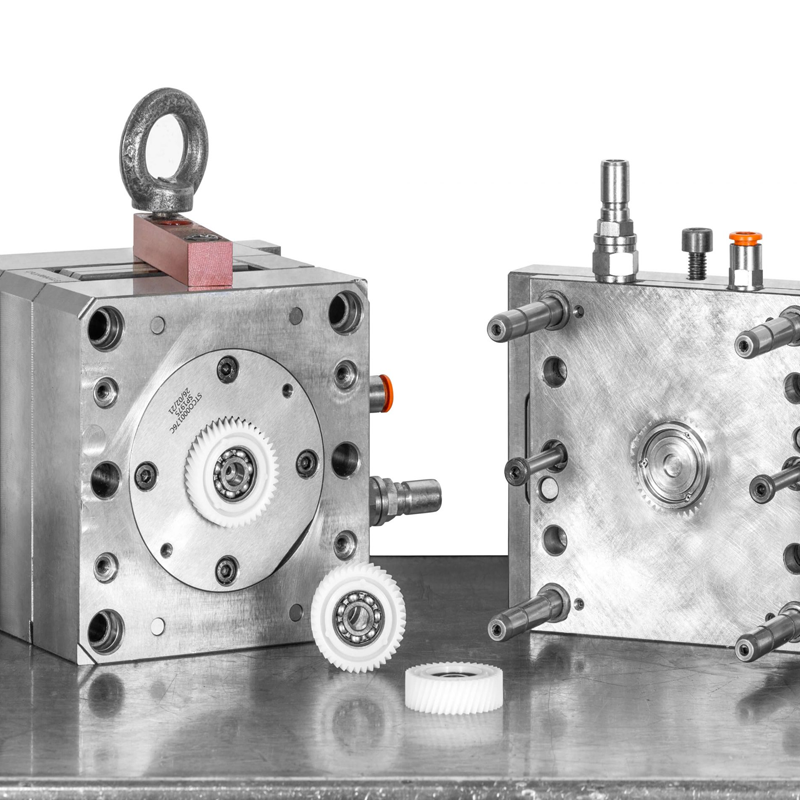
In contrast, aluminum molds can be more susceptible to wear and corrosion, especially in high-humidity environments or when exposed to certain chemicals. This can lead to reduced mold life and more frequent maintenance or replacement.
At LSRmold, we understand that our customers’ manufacturing environments can vary, and the ability to produce high-quality parts consistently – regardless of environmental conditions – is essential. Steel molds provide the reliability our customers need to keep their production processes running smoothly and efficiently.
Ease of Maintenance and Modifications
Maintaining and modifying injection molds is an essential part of ensuring the longevity and continued performance of the molds. Steel molds are easier to maintain and modify than their aluminum counterparts, making them more adaptable to changes in design or production requirements. If a modification or repair is necessary, steel molds can be easily welded, re-machined, or otherwise adjusted to meet new specifications.
In contrast, modifying aluminum molds can be more challenging, as aluminum is softer and less forgiving when it comes to rework or repairs. Aluminum molds are also more difficult to repair if they are damaged, which can lead to extended downtime and increased costs.
At LSRmold, we value the ability to respond quickly to our customers’ needs. If a mold requires modification or adjustment, our team can easily make the necessary changes to ensure that production continues without delay. This flexibility is a key reason why we prefer using steel molds in our operations.
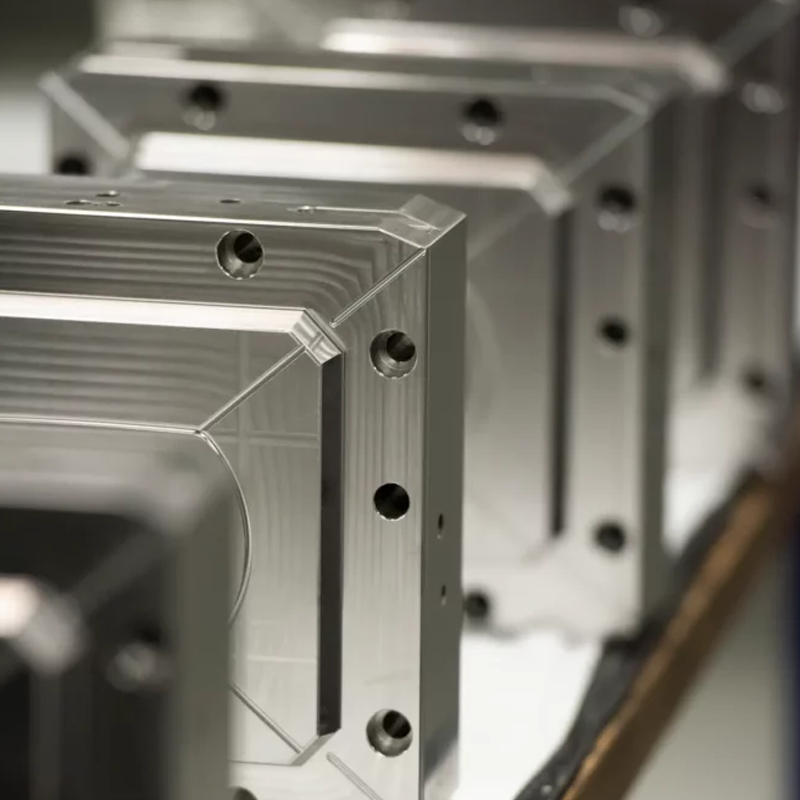
Wire EDM Capability
The use of Electrical Discharge Machining (EDM) is another area where steel molds outperform aluminum molds. Wire EDM, a process that uses a wire electrode to precisely cut and shape metal, is often used to create intricate details and features in molds. Steel molds can be easily and effectively machined using EDM technology, allowing for precise, high-tolerance cuts and modifications.
However, attempting to use EDM on an aluminum mold is not feasible, as aluminum is not as suitable for the EDM process. The inability to use EDM on aluminum molds limits the level of detail and precision that can be achieved, especially for complex designs that require fine features or intricate geometries.
At LSRmold, we utilize wire EDM to create molds with high precision and intricate designs, ensuring that our customers receive the highest level of detail in their molded parts. The ability to use EDM on steel molds enhances our ability to meet the most demanding design specifications, providing our customers with custom molds that deliver exceptional performance.
Cost-Effectiveness and Long-Term Savings
Contrary to popular belief, steel molds can often be more cost-effective than aluminum molds in the long run. While aluminum molds may initially appear to be less expensive, their limited production capacity and shorter lifespan mean that they may need to be replaced more frequently, resulting in higher overall costs. Additionally, the cost of maintaining aluminum molds can add up over time, as they may require more frequent repairs or adjustments.
Steel molds, on the other hand, can run many more cycles without needing replacement and are more cost-effective to maintain. The longer lifespan and higher durability of steel molds make them a more economical choice for high-volume production runs, where maintaining consistent quality and minimizing downtime are essential.
At LSRmold, we strive to provide our customers with the most cost-effective solutions for their molding needs. By using steel molds, we can deliver long-lasting, high-quality products that meet our customers’ specifications while minimizing the total cost of ownership.
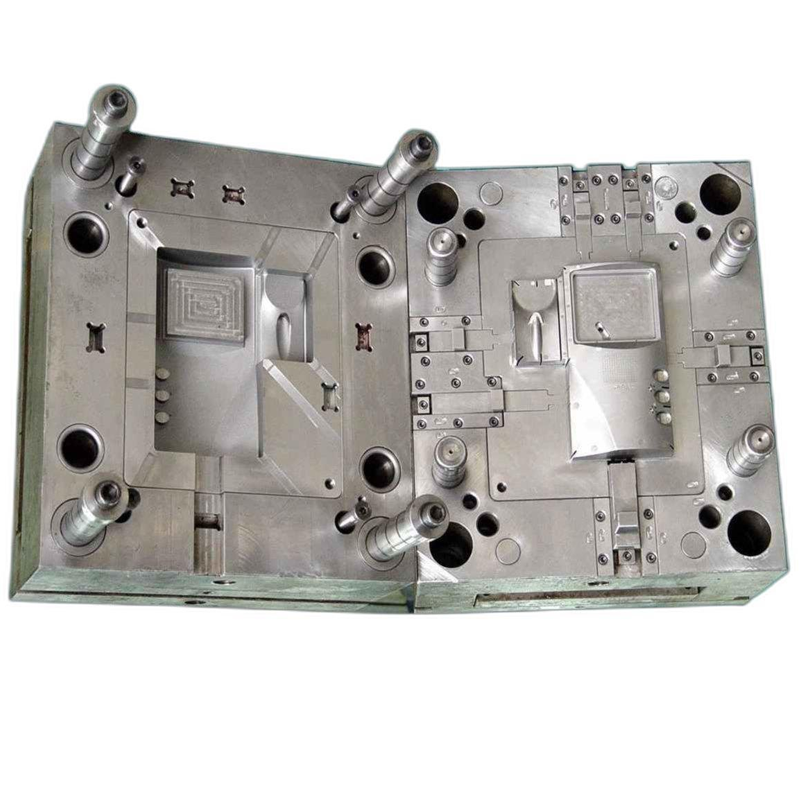
Conclusion
At LSRmold, we prioritize quality, precision, and cost-effectiveness in every aspect of our manufacturing process. By using steel molds for plastic injection molding, we are able to offer our customers superior durability, precision, and resistance to environmental factors, all while maintaining a cost-effective and flexible production process. Steel molds allow us to meet the most demanding production requirements, ensuring that our customers receive high-quality, reliable products every time.
If you’re looking for a trusted partner to help you with your plastic injection molding needs, LSRmold is here to assist you. Contact us today to learn more about how our steel molds can provide the high-performance solutions your business needs. We are committed to delivering excellence and ensuring your production process runs smoothly and efficiently.

